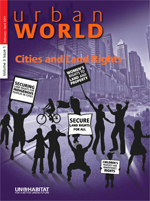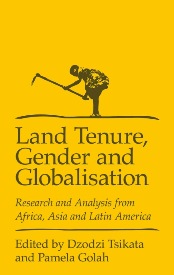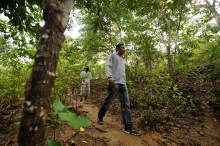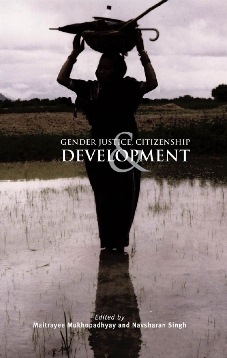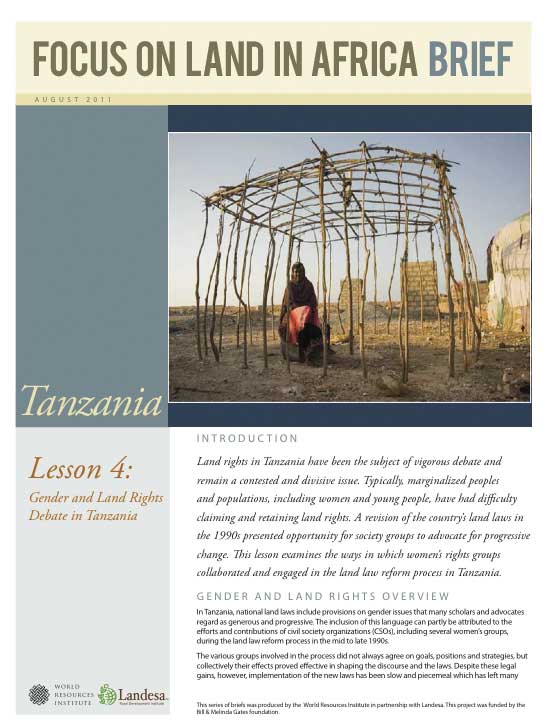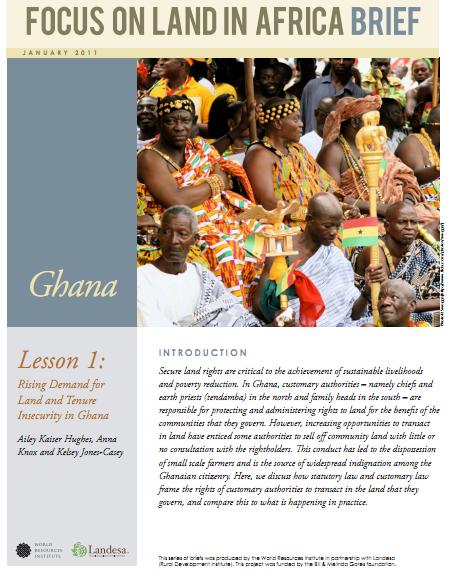Focus on Africa: Kenya Lesson Brief, Government Control of Private Land Use
This lesson brief looks at the government's control of private land use in Kenya. It is part of the Focus on Africa: Land Tenure and Property Rights online educational tool. Like other governments around the world, Kenya’s government has the authority to extinguish or restrict property rights over land and natural resources, including the authority to restrict the use of privately-held land for national and public interest purposes. Private land use restrictions have been used for environmental management and are increasingly being considered for biodiversity conservation purposes.



